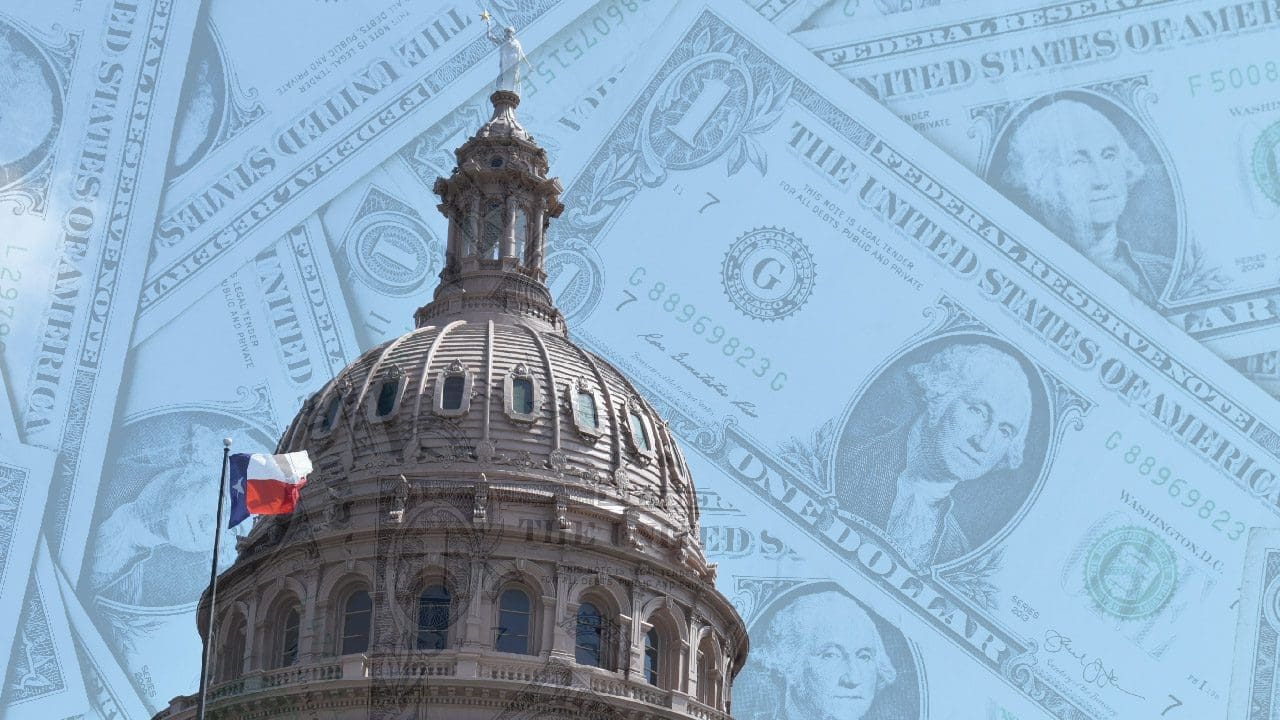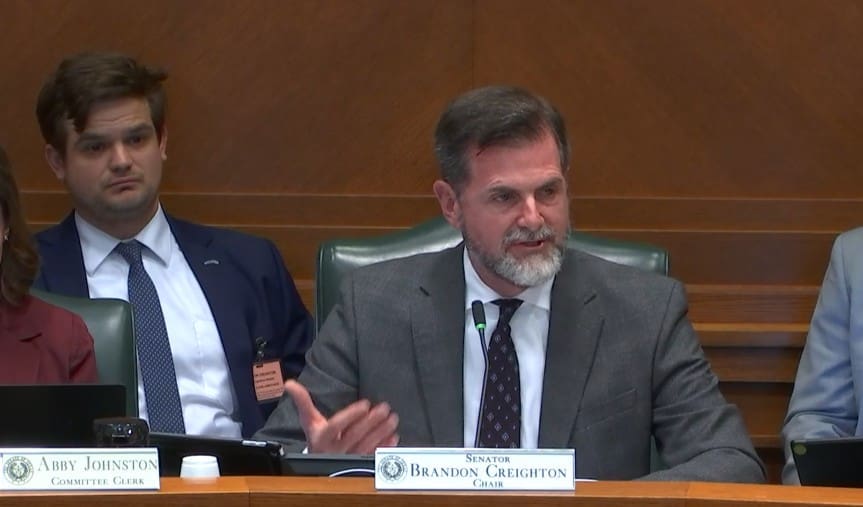When the state legislature returns to Austin in January, they will be facing a budget shortfall due in large part to Chinese coronavirus-related shutdowns. Will lawmakers grapple with that shortfall by cutting spending, or will they raise taxes?
Texas Scorecard asked members of the Texas House and Senate which route they plan to pursue and which specific taxes they would raise, or which areas of spending they would cut.
“Since our constituents do not have the luxury of ‘increasing taxes’ to accommodate the shortfalls in their personal budgets, I believe we have a moral responsibility to decrease spending to deal with any budget shortfalls,” said State Sen. Bob Hall (R–Edgewood).
“All areas that are not constitutionally required should be up for consideration of cutting. Beyond that, my priorities would be to ensure we continue to fund the House Bill 3 educational priorities and pension promises previously made. Promises made must be promises kept. We should fully fund our current Medicaid commitments and then our transportation priorities.”
“The practice of failing to appropriate funds for the purpose for which they were collected in order to have the means to certify the budget must be ended. The fund balances currently in those accounts could be a one-time source for meeting the current budget shortfall, with the caveat that additional funds would no longer be collected,” he added.
State Sen. Charles Schwertner (R–Georgetown) also said raising taxes was off the table.
“We are going to enter a difficult financial time, and we have been there before. My focus this next session is not raising taxes on Texans. The legislature will need to make tough decisions to balance the budget while maintaining funding for essential services,” said Schwertner.
In the other chamber, State Rep. Jeff Leach (R–Allen) agreed.
“The last thing we should be considering is any increase in taxes. In fact, we should do the opposite and look for ways to lower the tax burden for every Texan. The best way to address our budget shortfall and emerge from this economic crisis is to empower the people—not the politicians—to spend, save, and steward their own hard-earned money,” Leach told Texas Scorecard.
State Rep. Steve Toth (R–The Woodlands) offered an example of how to cut spending.
“One of the problems in government, and one of the reasons government grows at an exponential rate, is that to stave off Sunset and being cut, agencies are constantly expanding and evolving into areas they were never created for in the first place,” said Toth.
To shrink state agencies, Toth suggests cutting down on state employees.
“With the exception of law enforcement officers, I’d ask for every state agency to take a 5 percent cut in their number of employees. Law enforcement officers would be excluded from any cuts at the Department of Public Safety,” said Toth.
Additionally, Toth suggested a two-year moratorium on capital expenditures by state agencies.
“Last year, on the Appropriations Subcommittee on Infrastructure, Resiliency, & Investment, I heard many capital improvement requests—most of them with very little supporting data to justify these expansions,” he said. “As an example, on this subcommittee, Rep. Cecil Bell Jr. and myself found a half-billion dollars of waste in just six projects that we were able to cut. I would ask for state agencies to put off capital improvements by two years, and in the future bring better data to the Appropriations Committee on why they should spend this kind of money on capital improvements and expenditures.”
Democrat State Rep. Ray Lopez (San Antonio) favors a different approach, instead asking Texans to “put their 2 cents in” by raising the state’s tax on gasoline by 2 cents in order to increase funding for transportation.
“In the shadows of the economic downturn due to COVID-19, we must find quick and trustworthy ways to revamp our economy, and transportation projects are known to enhance the economic vitality of the state by providing thousands of jobs and adding revenue to local communities,” said Lopez.
Passing a balanced budget is one of the state legislature’s only constitutional obligations. The legislature is slated to return on January 12, 2021.




